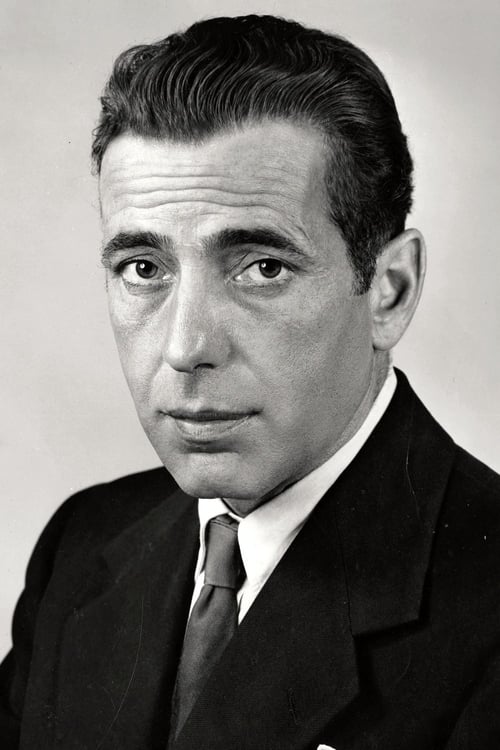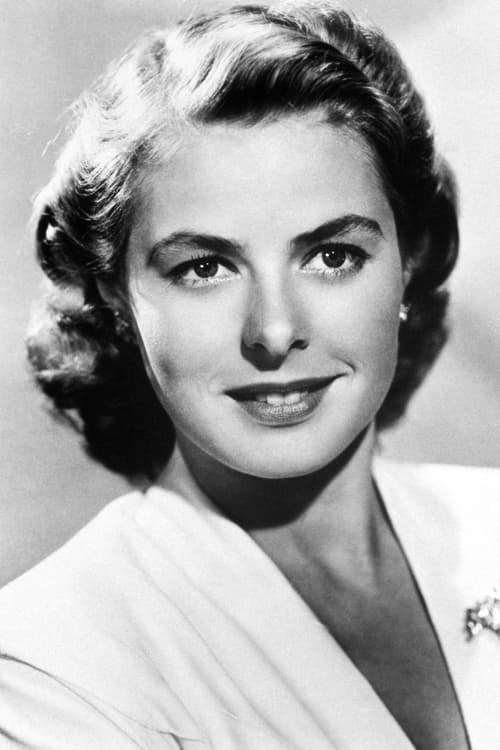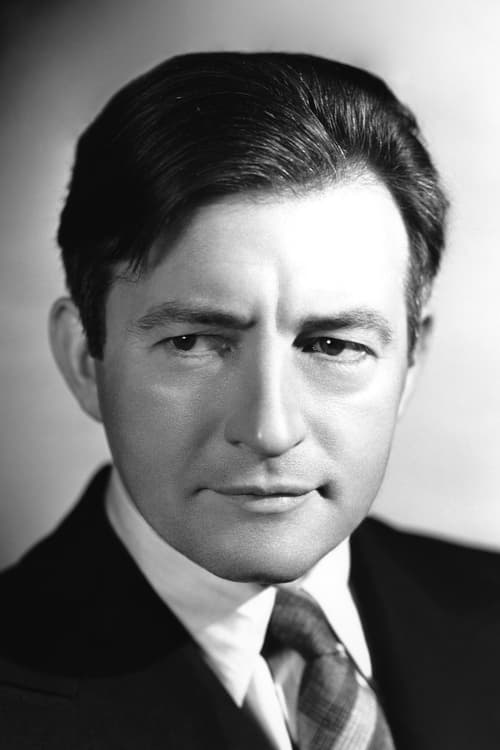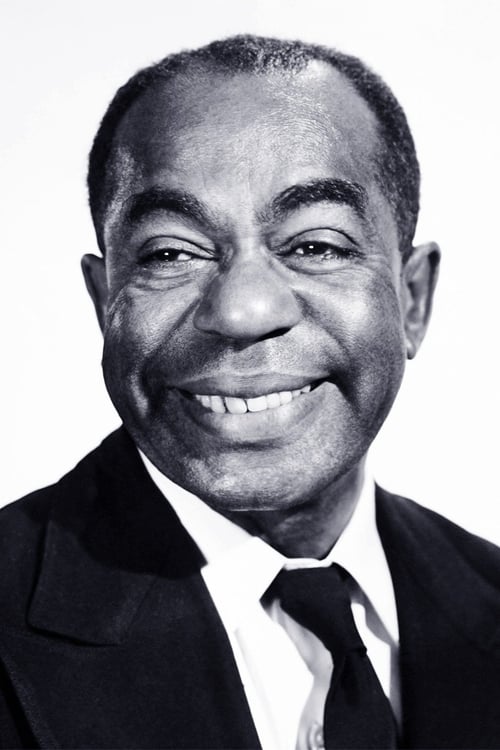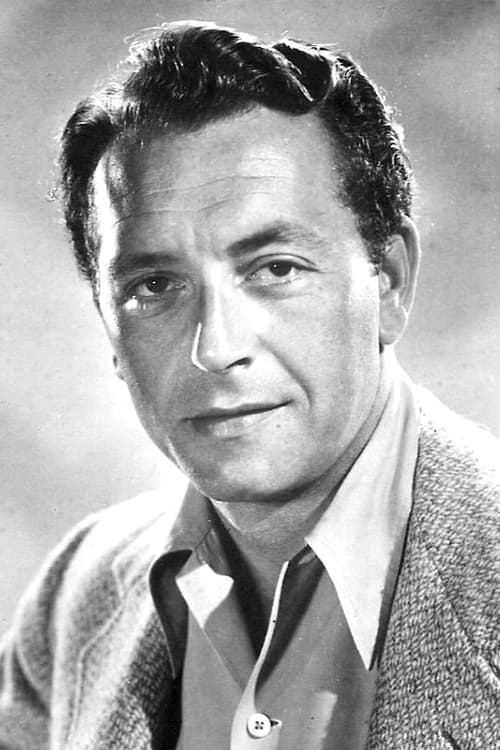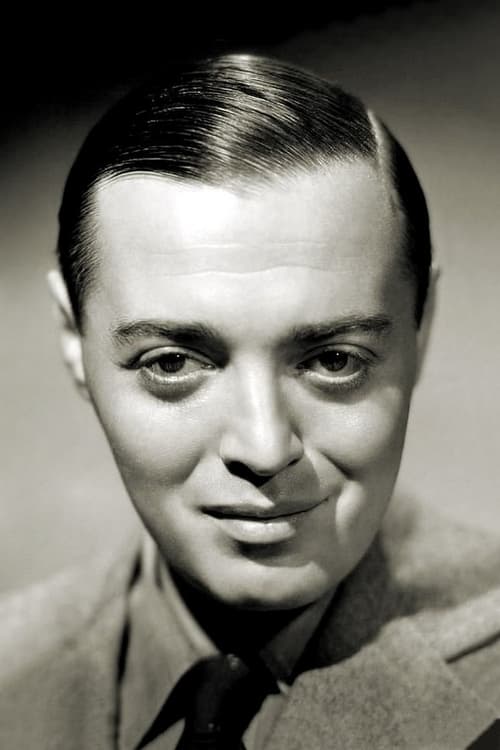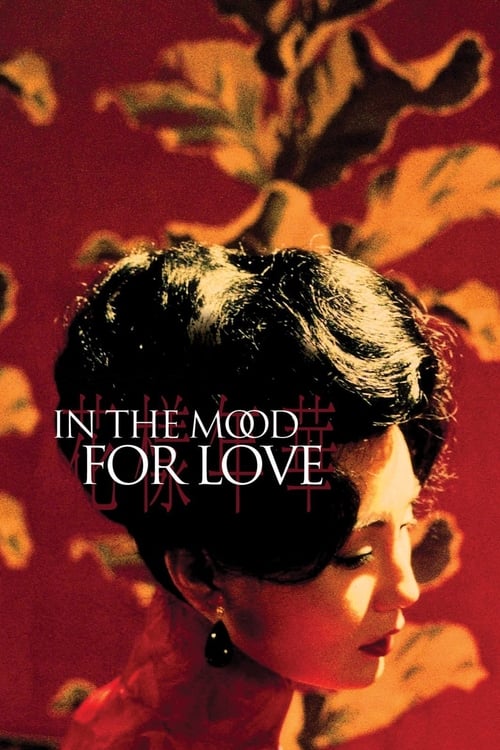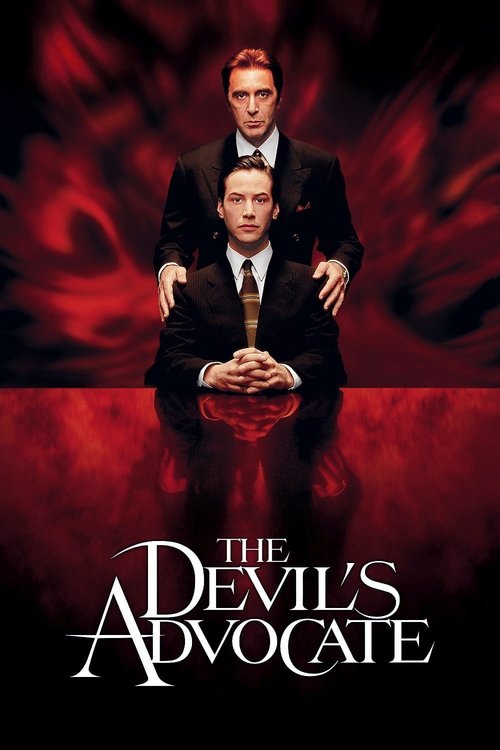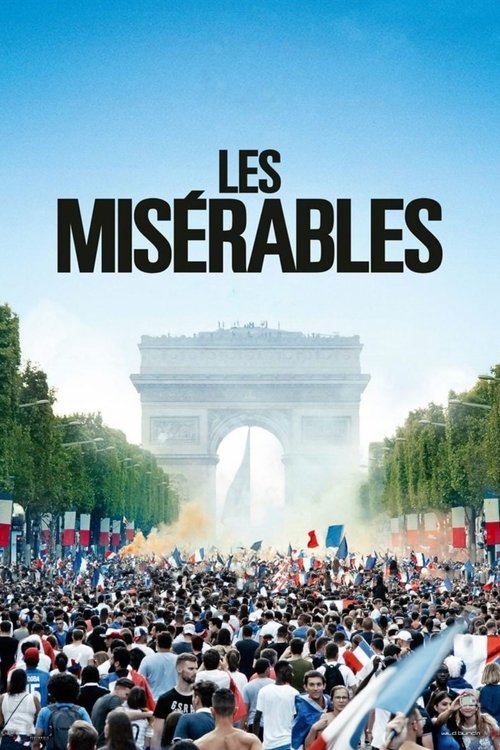
Casablanca
In Casablanca, Morocco in December 1941, a cynical American expatriate meets a former lover, with unforeseen complications.
Dialogues from Movie Casablanca
Quotes from Movie Casablanca
Sound Tracks from Casablanca by Max Steiner
As Time Goes By
As Time Goes By by Dooley Wilson, Rick plays the piano in the café
La Marseillaise
La Marseillaise by Band, Sung by the patrons in opposition to the Germans
Download App
Memorable Scenes from Movie Casablanca
Rick's Bar: The Heart of Casablanca
In Rick's Café Américain, we see people from various backgrounds seeking solace. The bustling environment is filled with music and tension. Rick Blaine, the owner, appears detached despite the chaos around him. His past with Ilsa is hinted at when we see a woman play piano, showcasing how personal history intertwines with the broader theme of war. The atmosphere is electric but laced with sorrow, making the audience aware of the stakes involved in the characters' lives.
Context: Rick's establishment serves as a neutral ground for refugees during World War II, setting the stage for the emotional and political conflicts that unfold.
The Reunion of Rick and Ilsa
When Ilsa Lund unexpectedly enters Rick’s bar, time seems to stand still. Their eyes meet, and we feel the weight of nostalgia and unresolved love. The scene intensifies with emotional backdrop music, emphasizing the love and pain that still lingers between them. The tension peaks when Ilsa attempts to rekindle their connection but Rick remains distant, showcasing his emotional turmoil and hurt from their past.
Context: This is the first time they see each other after a bitter separation, setting off a chain of events that will ripple through the rest of the film.
The 'La Marseillaise' Moment
As German soldiers sing their national anthem in Rick's bar, a group of French patrons stand united and defiantly sing 'La Marseillaise.' This scene is pivotal because it escalates in intensity, with the patrons drowning out the Germans, creating a powerful display of resistance. The visuals of the crowd unite in a singular powerful emotion of patriotism amidst the oppressive atmosphere surrounding them.
Context: This moment encapsulates the theme of resistance against tyranny and the fight for freedom, embodying the spirit of the French Resistance.
Rick's Sacrifice
Towards the climax, Rick selflessly decides to let Ilsa leave with Victor Laszlo. The moment is charged with tearful goodbyes, where the emotional weight is highlighted through soft lighting and Rick’s heartfelt dialogue. As he walks away from her, the music swells, and his expression reveals heartbreak but also determination. This decision marks the peak of Rick’s character arc from selfishness to selflessness.
Context: Rick’s choice to put Ilsa’s happiness above his love culminates in a significant development of his character onscreen.
The Final Goodbye
In the film’s closing moments, Rick tells Ilsa, 'We’ll always have Paris.' It’s a bittersweet farewell filled with deep love and painful acceptance. The setting is framed against the dark backdrop of the airstrip, contrasting hope and desolation. Rick’s resolve to move on is palpable, making this moment resonate with viewers as they grasp the gravity of lost love.
Context: This scene encapsulates the sacrifices made in war, love, and the acceptance of paths not taken, echoing the film's poignant themes.
The Arrival of Captain Renault
Captain Renault arrives at Rick’s bar with a casual attitude, but his presence sets an uneasy tone. His interactions, fluctuating between charm and authority, introduce viewers to the political tension. The pivotal moment arrives when he orders the closure of the bar without any real reason, showcasing the absurdity of wartime authority.
Context: Renault’s character represents the morally ambiguous figures of war who play both sides and allows the audience to delve into the complexities of survival and ethics.
Victor Laszlo's Speech
While at Rick's bar, Victor Laszlo gives a passionate speech about fighting against oppression and continuing the fight for freedom. The pivotal moment occurs when Rick, who had been hiding from his past, visibly transforms as Laszlo becomes an embodiment of hope and determination. The atmosphere is charged, and viewers can feel the urgency of the struggle against Nazi tyranny.
Context: Laszlo’s speech not only showcases his character as a freedom fighter but also acts as a catalyst for Rick’s eventual transformation.
The Flashback to Paris
The flashback reveals Rick and Ilsa’s romantic relationship in Paris, filled with warmth and happiness. The visuals include tender moments that starkly contrast the current conflict and highlight their deep love. The pivotal moment is when they make promises to each other, igniting nostalgia and heartbreak in the present story.
Context: This flashback deepens the audience's understanding of Rick and Ilsa's past, enriching their emotional stakes in the current storyline.
Rick's Depressed State
After Ilsa leaves him, Rick’s self-destructive behavior reaches its climax. He becomes emotionally withdrawn, drowning his sorrows in alcohol while pushing away friends. The pivotal point occurs when he breaks down in solitude, and the audience feels his despair. The cinematography captures his isolation and makes viewers empathize with his heartbreak.
Context: This scene provides insight into Rick's emotional depth, highlighting his internal struggle and the personal cost of war.
The Unexpected Police Raid
When police raid Rick's bar, the tension escalates quickly. The pivotal moment hits when visitors are caught off guard, and Rick must choose between his patrons’ safety or his own. This unexpected turn of events creates chaos, revealing the high stakes of war and survival.
Context: This scene underscores the constant threat that characters face in Casablanca, illustrating the precarious balance of danger and hope.
Rick's Connection with Sam
Rick shares a tender moment with Sam, his piano player, revealing layers of their friendship through light-hearted banter. The iconic line, 'Play it, Sam,' signifies not just a request, but also deep emotional ties. The scene pivots when Rick acknowledges their shared past, showcasing the importance of loyalty and companionship.
Context: This relationship adds depth to Rick’s character, showing that he values loyalty and friendship despite his hardened exterior.
The Love Triangle Reveal
The tension escalates when Rick learns about Ilsa’s marriage to Victor Laszlo. The climax of this scene is Rick’s shock, highlighted by a sudden change in music and lighting. His painful expression clearly shows betrayal and confusion, leaving the audience anxious about his next move.
Context: This revelation creates a rift in the existing love dynamic, emphasizing the sacrifices made in love during wartime.
The Train Station Encounter
The confrontation at the train station is filled with suspense. The pivotal moment is when Rick confronts Ilsa and Victor about their plan to leave for America. The visuals intensify as stakes rise; emotions run high, keeping viewers on edge about the outcome.
Context: This scene shows how high the stakes are, as the characters navigate love and politics in a life-or-death context.
The Moroccan Street Scenes
As Rick navigates through the streets of Casablanca, we witness the vibrant and chaotic atmosphere. The pivotal moment comes when he sees different groups of people: the hopeful, the desperate, and the indifferent. These contrasting visuals highlight the film's central themes of struggle and resilience.
Context: This setting paints a broader picture of life in Casablanca, connecting personal stories with the collective plight of war.
The Turning Point Decision
Rick’s decision to help Ilsa and Victor escape is marked by tension and clarity. The pivotal moment is when he chooses to sacrifice his own happiness for theirs. The visuals capture his internal struggle and eventual resolve, showcasing his evolution from cynicism to commitment.
Context: This decision reflects the profound theme of selflessness in the film and marks a defining moment in Rick’s character arc.
The Return of Ilsa
Ilsa’s return to Rick's bar is filled with mixed emotions. The tension peaks when he confronts her with coldness, which slowly shifts to vulnerability as she explains herself, creating an emotional tug-of-war. The lighting and music enhance the weight of their reunion and the audience's anticipation of reconciliation.
Context: This scene reignites the emotional connection between Rick and Ilsa, setting the stage for healing or further heartbreak.
Rick's Dark Reflection
Rick's moment alone, staring into the distance, showcases his struggle and regret. The pivotal moment arrives when he acknowledges he’s not the man he once was, leading to an internal conflict that resonates with viewers. The minimalist visuals center on his vulnerability.
Context: This scene underscores Rick's character development, highlighting the film's themes of loss and redemption.
The Stakes of War
As news of the war’s escalation spreads, characters react with despair and anger at Rick’s bar. The pivotal moment is portrayed through the frantic exchange of news updates, stressing the urgency of their situation. Audience members can feel the weight of hopelessness looming over the establishment.
Context: This moment ties the personal stakes of the characters to the larger narrative of global conflict and survival.
Rick's Moment of Clarity
A pivotal moment comes when Rick gathers the courage to act, moving from despair to action. His conversation with Sam reveals his inner resolve to do something meaningful. This shift showcases his growth and desire to change the narrative—not just for himself but for those around him.
Context: This scene reflects the turning point in Rick's emotional journey, bridging personal and collective struggles.
The Unexpected Partnership
When Rick and Renault form an uneasy alliance, the dynamic shifts. The pivotal exchange leads to humorous yet serious dialogue, revealing layers in both characters. The mood alters between comedic and tense, emphasizing how alliances form in dire circumstances.
Context: This partnership reflects the complexities of human relationships in times of war, highlighting the unpredictable nature of survival.
The Café's Closure
The intense moment when Rick’s bar is ordered to close showcases the personal impact of war. The chaos and emotions felt by the patrons reveal how deeply war affects individual lives. The pivotal moment occurs when Rick confronts Renault, a symbol of authority that embodies moral ambiguity.
Context: This closure represents the destruction of personal havens in the wake of larger conflicts, deepening the film's themes.
The Last Call at Rick's
As Rick prepares to close the bar, he shows tenderness towards Sam, reminiscent of their past both as confidants and friends. The pivotal moment is his acknowledgment of moving forward, contrasting with a sense of finality. The dialogue exchanges between them highlight friendship and loyalty as underlying themes.
Context: This scene encapsulates the bittersweet nature of change, showcasing how relationships evolve amidst turmoil.
The Power of Choice
As Rick makes the ultimate choice to help Ilsa and Victor, viewers witness the culmination of his character growth. The pivotal moment is marked by a powerful visual of dawn breaking as he takes a stand, signifying hope and new beginnings. The emotional weight makes this scene impactful.
Context: This choice not only impacts the characters directly involved but symbolizes the broader fight against tyranny.
Download App


